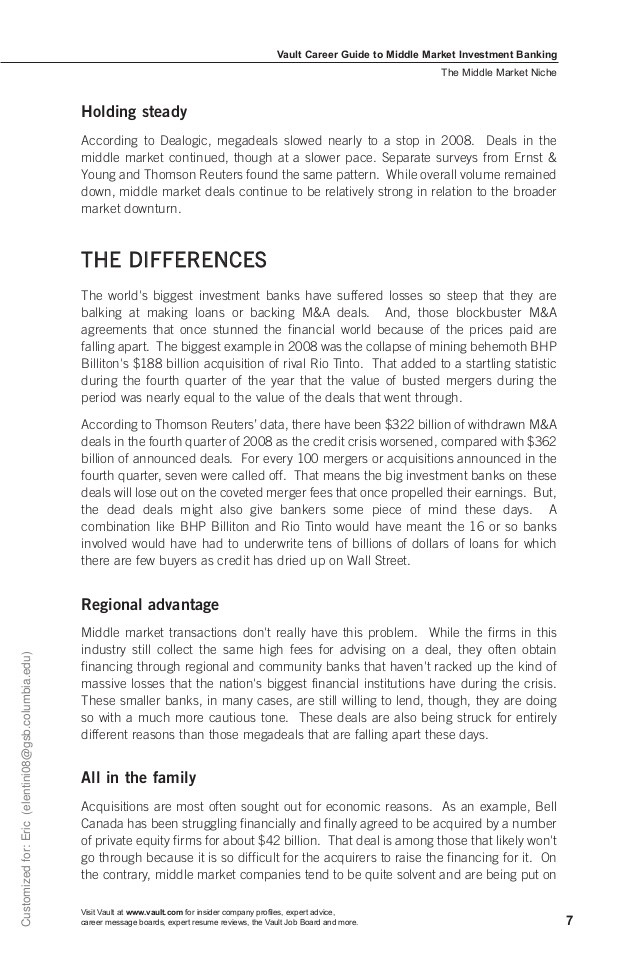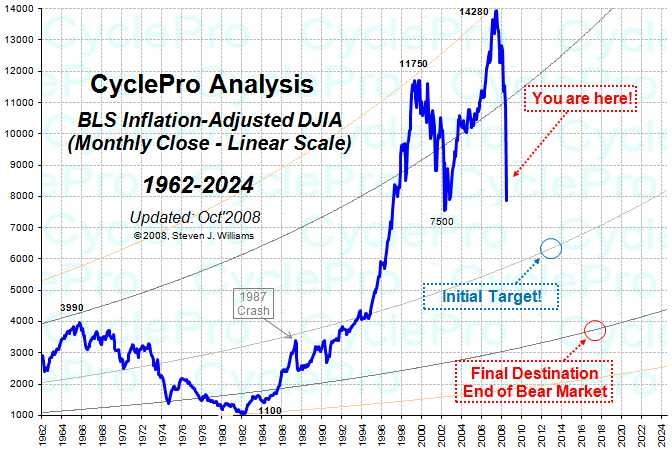Bankers Defend Buyout Loans but Investors Fret Merger Stocks Drop As Gains Are Taken
Post on: 19 Июль, 2015 No Comment

By MICHAEL QUINT
Published: October 28, 1988
The stocks of companies subject to takeover bids fell sharply yesterday after the Federal Reserve Board chairman, Alan Greenspan, advised Congress to consider action that would limit the borrowing needed to complete the corporate takeovers.
Although Congress has not prepared a bill that would discourage acquisitions of major companies, Mr. Greenspan’s comments were a reminder to arbitragers and investors that the runup in stock prices of takeover companies can be interrupted.
A delay in the sale of high-yield »junk bonds» by Federated Department Stores also worried speculators in the stock market, because it suggested that financiers may find it hard to borrow the amounts they need to pay high prices to shareholders of the takeover targets. Arbitragers Were Selling
The combination of Mr. Greenspan’s warning and Federated’s delay on the bonds was enough to cause many arbitragers and investors to sell sizable chunks of stock. Since yesterday’s prices reflected significant price runups in the takeover stocks, the sellers could lock in profits on shares bought earlier this month, thus reducing their possible losses if the proposed takeover bids should be derailed.
The largest declines were in the two biggest takeover bids, which will require the most borrowing to complete. RJR Nabisco, which has received a $20.3 billion bid, fell $2.75 to $82, well below the bid price of $90 a share. Kraft, which has received a $90-a-share bid from Philip Morris, fell $3 to $94.50, well below the $110-a-share value given by Kraft to its own recapitalization effort.
»The memory of last October, when a lot of arbitragers got wiped out, is still clear,» said Jeffrey S. Tabak, a managing partner at Miller Tabak Hirsch & Company, a securities firm specializing in stock options and futures. He said the comments by the Fed Chairman reminded traders and investors of last October »when the cascade really began with the news that Congress was considering legislation that might slow down the takeover machine.»
Last year, provisions of the tax bill proposed by the House Ways and Means Committee would have forbade the deduction of interest expenses on debt used in a hostile takeover, and imposed other onerous taxes on acquiring companies and corporate stock speculators. These provisions were rejected at that time.
Mr. Greenspan, in a letter responding to questions from the Senate Banking Committee, noted that the deductibility of interest on bonds and bank loans tended to encourage borrowing by corporations.
Guy P. Wyser-Pratte, an executive vice president in charge of the arbitrage activity at Prudential-Bache Securities, said Mr. Greenspan’s warning »was a statesman-like and timely reminder to all of us that we should not carry this phenomenon to excess.»
While Mr. Greenspan’s comments helped cool the market yesterday, Mr. Wyser-Pratte said, »I don’t think it will affect the current transactions. My advice to investors is to hold onto the stocks in the takeovers that have been announced.» Price of Targets Tumble
Among other takeover targets whose stock prices fell sharply yesterday, Interco, the St. Louis-based shoe and furniture company, fell $4.125 to $65.875, far below the $74-a-share bid from the Rales brothers of Washington. Polaroid fell $1.375 to $35.50, below the $42-a-share bid from Shamrock, and GAF closed at $48, down $1, below the $53-a-share bid from a management group.

»The questions raised by the Greenspan comments and the Federated bond deal are uncertainties, but right now nobody knows how they will be resolved,» said Martin D. Sass, president of M.D. Sass Institutional Arbitrage Partners, a $200 million fund. »We have assumed the present boom can’t last forever, but there is so much money available that I expect transactions will continue to be done.»
Richard Nye, managing partner of Cambridge Capital Holdings, a New York arbitrage fund, said much of yesterday’s selling was by »institutions who have become arbitragers in a haphazard way.» He said many of those investors »panicked» after reading about the Federated bond financing and Mr. Greenpan’s comments. ‘Not Paid to Be Smart’
»It’s been said that arbitragers are not paid to be smart, they are paid to be nervous and sweat,» Mr. Nye said. »It’s a different business than institutional investors are used to.»
Several arbitragers noted that institutions like pension funds and insurance companies have seen stock prices in takeover deals rise so far above the initial bid that they are beginning to hold their stocks longer, or even to increase investment, in hopes of earning a greater profit when the takeover bid is increased. But the $10 billion that arbitragers estimate they control is so small relative to the size and number of takeover targets that they agree there is more room than ever for institutions to become speculators in the takeover business.
Certainly, the profits of arbitrage are enticing. Several analysts said 1988 has been a record year. The desire to protect those profits was one reason why some arbitragers were quick to sell yesterday.
Mr. Sass, for example, said his fund had earned a 47 percent profit so far this year. Other arbitragers said profits of 100 percent were not uncommon among funds willing to invest more aggressively by buying stocks on margin.














